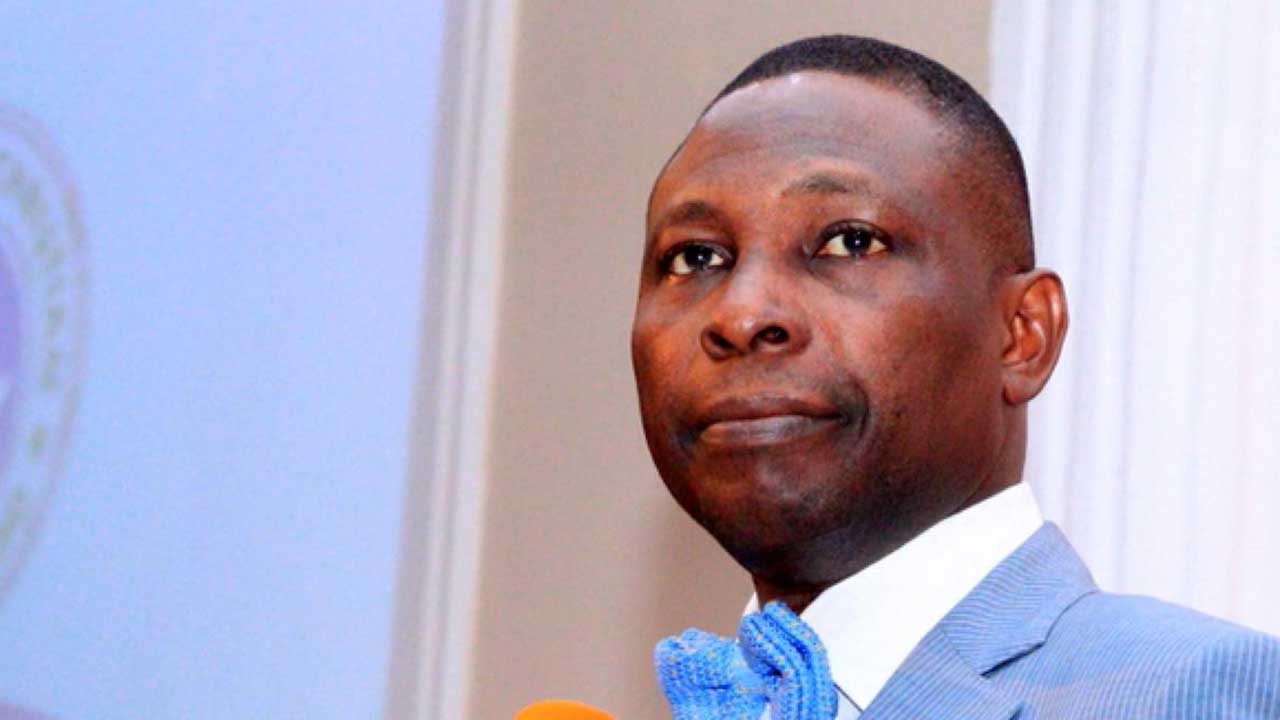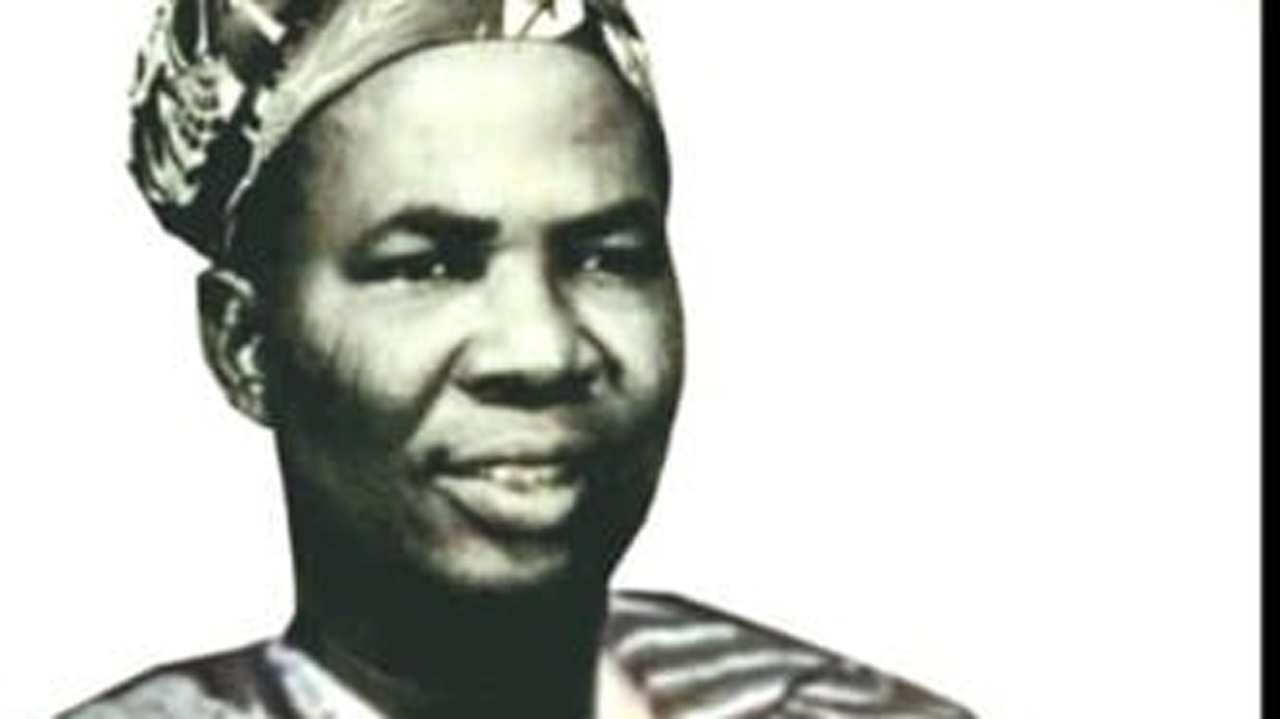
● Olukoyede: Nigerians will shed tears over findings in power sector investigation
● Kano DisCo secures $100m to develop ‘Safe Grid’ for stable power in North
The Economic and Financial Crimes Commission (EFCC) has announced its intention to conduct a thorough investigation into allegations of mismanagement and corruption within Nigeria’s electricity sector.
EFCC Chairman, Mr Ola Olukoyede, revealed this development yesterday during a meeting with members of the House of Representatives Committee on Anti-Corruption at the commission’s headquarters in Abuja.
Olukoyede expressed serious concern over the persistent challenges plaguing the sector and assured the committee that the EFCC is committed to uncovering any financial improprieties.
He further stated that the findings of the investigation, once released, would be quite revealing and potentially shocking to the Nigerian public.
“You cannot develop as a nation without infrastructural progress. As I speak, we are still grappling with electricity challenges,” Olukoyede said. “If you see the investigations we are conducting in the power sector, you will shed tears. Contracts are being awarded to supply 9.5-gauge cables, yet contractors go on to purchase 5.5-gauge cables. This is why equipment frequently trips and burns out, which is affecting our budget.”
Olukoyede revealed that the commission has deployed officers from its newly established Fraud Risk Assessment Directorate to collaborate with the Office of the Accountant General of the Federation (OAGF). This partnership aims to scrutinise disbursements to the power sector and assess the implementation of capital projects.
He further disclosed that the EFCC has uncovered a worrying trend: Over the past 20 years, no Ministry, Department, or Agency (MDA) of government has executed up to 20 per cent of capital projects outlined in their budgets. He identified this lack of project implementation as a significant hindrance to the country’s infrastructural development.
“In the past two decades, capital project execution has not exceeded 20 per cent,” Olukoyede said. “If we can achieve 50 per cent implementation yearly, the nation would make considerable progress. This year, our mandate is to work with the OAGF, the National Assembly, and relevant directorates to push for higher execution rates.”
Stressing the EFCC’s dual focus on enforcement and prevention, he noted that the newly established Fraud Risk Assessment Directorate would audit MDAs to ensure that allocated funds are properly utilised.
Olukoyede further disclosed that since October last year, the commission has received over 70,000 petitions, investigations into more than 20,000 cases are ongoing, and over 4,800 new cases have been opened.
This came as Kano Electricity Distribution Company (KEDCO) announced a groundbreaking partnership to develop a 100MW ‘Safe Grid’ system with an initial investment of $100 million.
The initiative, targeting Kano, Katsina, and Jigawa States, aims to provide a stable, 24-hour power supply to key industries, commercial centres, and essential government facilities.
The Safe Grid project is designed to reduce reliance on the national grid, which has been plagued with disruptions, by supplying power directly to critical customers in the region.
KEDCO’s Managing Director explained that challenges faced by the Transmission Company of Nigeria (TCN) have left the company receiving less than half of its allocated electricity, causing significant disruptions for businesses and institutions and affecting KEDCO’s financial performance.
Despite collecting between N9 billion and N12 billion monthly in customer payments, Kano DisCo has experienced a sharp decline in revenue due to frequent grid failures. This raises concerns that key customers may soon abandon the grid if a reliable alternative is not provided.
The new Safe Grid will be powered through embedded generation within KEDCO’s network, ensuring energy security and eliminating the risk of blackouts. This initiative is expected to revitalise industries, enhance socio-economic activities, and protect jobs across Kano, Katsina, and Jigawa States.
As part of the initial phase, KEDCO plans to build a 20MW power plant in partnership with Utilita Energy under an emergency project valued at $20 million. The plant is set to become operational by the end of the year. The project site in the Tamburawa area is already seeing accelerated development to meet this timeline.
In addition, the Safe Grid will source electricity from the existing 10MW Haske Solar Power Plant, developed by the Nigerian Sovereign Investment Authority (NSIA) and the Ministry of Finance Incorporated (MOFI), as well as from 16MW of combined hydroelectric capacity from the Tiga and Challawa projects initiated by the Kano State Government. This will bring the grid’s initial total supply to 46 MW.
KEDCO is also in discussions with the Federal Ministry of Power to take over and complete the long-delayed 10MW Katsina Wind Farm, with plans to integrate its output into the Safe Grid.
To expand its capacity further, an additional 54MW will be supplied through new gas and solar energy projects. A parallel distribution network is under construction to connect this new grid architecture across the franchise areas, starting with Kano State.
The Safe Grid is already nearing completion of a dedicated 40km power line to serve the Dawanau International Grain Market, developed in partnership with core investor Future Energies Africa (FEA).
MEANWHILE, the Nigerian Society of Engineers (NSE) called on stakeholders in the power sector and the government to explore alternative energy sources beyond hydro and gas to meet the country’s growing electricity demands.
The Society’s President, Mrs Margaret Oguntala, made the call yesterday in Abuja while speaking on preparations for the upcoming national engineering conference and annual general meeting scheduled for November 19. She expressed that having an engineer as the Minister of Power could have significantly reduced the recent frequency of grid collapses in the country.
Highlighting the Society’s efforts towards enhancing energy accessibility, Oguntala noted that the NSE has made progress in promoting renewable energy solutions. “We have supported the integration of mini-grid solar installations to power irrigation and processing equipment. Additionally, we have encouraged local production of machinery and spare parts to support the manufacturing and agricultural sectors, thereby reducing dependence on imports and bolstering national industry,” she said.
On the issue of rising food prices, Oguntala cautioned against excessive importation, noting that such a practice is not a sustainable solution to the nation’s food insecurity. She expressed concerns over the uncertain implementation of the zero-duty initiative on selected imported food items, initially intended to curb inflation.
Addressing the placement of engineers in the civil service, the NSE president revealed that the Society is currently engaging the council to establish a fund to recruit new engineers at Grade Level 10. She argued that after six years of university education and an additional year of industrial attachment, engineers should be positioned at levels that reflect their extensive training.
Oguntala also underscored the NSE’s commitment to enhancing the skills of young engineers through strategic training in data analytics, software development, and smart farming techniques. “These programmes have equipped our engineers to address challenges in food security, digital technology, and resource management,” she noted, adding that the Society is advocating for better recognition and improved remuneration for engineers in public service.
As part of its drive to develop the engineering profession, the NSE plans to establish demonstration farms and engineering villages. In collaboration with NALDA and Assetrise Limited, these hubs will serve as platforms for engineers to apply mechanised farming techniques, renewable energy solutions, and irrigation technology, thereby supporting sustainable agricultural practices in rural communities.
The NSE is also spearheading efforts to develop engineering solutions to mitigate the effects of climate change on workers’ health, focusing on heat-stress monitoring and the construction of resilient infrastructure to withstand extreme weather.
Oguntala disclosed that the 2024 NSE Conference will focus on ‘Sustainable Engineering Solutions to Food Security and Climate Change.’ She said the event would address critical issues affecting the nation’s future, including advancements in agricultural machinery and the adoption of sensor-based irrigation systems. The conference will also explore renewable energy options, such as mini-grid solar installations, to promote energy independence for rural farming.
“This year’s conference promises to be transformative, showcasing innovative engineering solutions to the challenges facing Nigeria’s food security and climate resilience,” Oguntala concluded.






